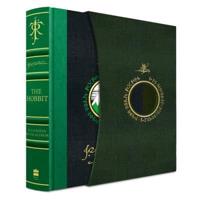Publisher's Synopsis
Utilitarianism, by John Stuart Mill, is an essay written to provide support for the value of utilitarianism as a moral theory, and to respond to misconceptions about it.
Mill defines utilitarianism as a theory based on the principle that "actions are right in proportion as they tend to promote happiness, wrong as they tend to produce the reverse of happiness." Mill defines happiness as pleasure and the absence of pain. He argues that pleasure can differ in quality and quantity, and that pleasures that are rooted in one's higher faculties should be weighted more heavily than baser pleasures. Furthermore, Mill argues that people's achievement of goals and ends, such as virtuous living, should be counted as part of their happiness.
"Mill argues that utilitarianism coincides with "natural" sentiments that originate from humans' social nature. Therefore, if society were to embrace utilitarianism as an ethic, people would naturally internalize these standards as morally binding. Mill argues that happiness is the sole basis of morality, and that people never desire anything but happiness. He supports this claim by showing that all the other objects of people's desire are either means to happiness, or included in the definition of happiness. Mill explains at length that the sentiment of justice is actually based on utility, and that rights exist only because they are necessary for human happiness."









